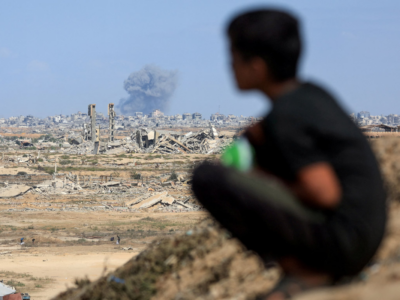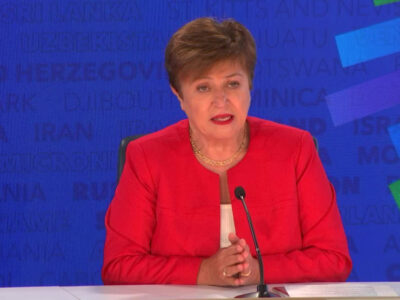The US on Wednesday criticised migrant worker laws in the Gulf states but praised the region’s efforts to combat human trafficking.
During a visit to the region, senior US human rights official Mark Lagon said the “so-called” sponsorship laws restrict migrant workers’ choices and control over their own lives, AFP reported.
However Lagon – director of the Office to Monitor and Combat Trafficking in Persons – praised the region’s efforts to fight human trafficking and to ease the plight of migrant workers.
“There is clear increasing awareness of a problem, perhaps even an awareness that the countries need to work together to eliminate some things,” the newswire quoted him as saying.
The system, a set of regulations that limits workers’ movements and puts them at the mercy of their employers, is in place in all six Gulf Cooperation Council (GCC) states but is decried by rights bodies as akin to slavery.
The sponsorship system allows employers the right to terminate foreign staff and prevent them from seeking other jobs in the same country unless they fulfill a set of tough conditions, AFP said.
Lagon also visited the UAE on his tour on the region where he met with the Minister of State for Federal National Council Affairs, HE Dr. Anwar Gargash, on Tuesday to discuss the Emirates’ progress in combating human trafficking.
“We acknowledge that as a country we suffer from this issue as do many other developed societies and are deeply concerned for the victims of human trafficking,” Gargash said in the meeting.
“We in the UAE share the universal core values that make the elimination of this heinous crime a number one priority, and we are acting comprehensively on the levels of prosecution, protection and prevention,” he added.
Gargash also discussed key labour regulations enacted by the UAE to penalise labour violations and prevent exploitation of migrant workers from occurring.
The US government in June added Bahrain, Kuwait, Oman and Qatar to its human trafficking blacklist for the first time for not doing enough to stop the flow of people across their borders for forced labour.
The UAE’s National Committee on Human Trafficking met after the release of the US State Department’s ‘Trafficking in Persons Report’ to review measures the country should take to improve its own standing in the annual report.
The UAE was listed on a ‘watchlist’ in Tier 2 of the survey’s ranking of global efforts to tackle human trafficking, in between nations doing the best job of controlling human trafficking and those showing no commitment to meeting international standards on human trafficking.
However, those on the Tier 2 ‘watchlist’ are described as showing signs of failing to make improvements.
The US report claimed the UAE may also serve as a transit country for people trafficked into forced labour in Oman, Sudan and Iraq.
Despite the UAE’s failings, it is still the highest ranked of the six Gulf nations in the Trafficking in Persons Report.






